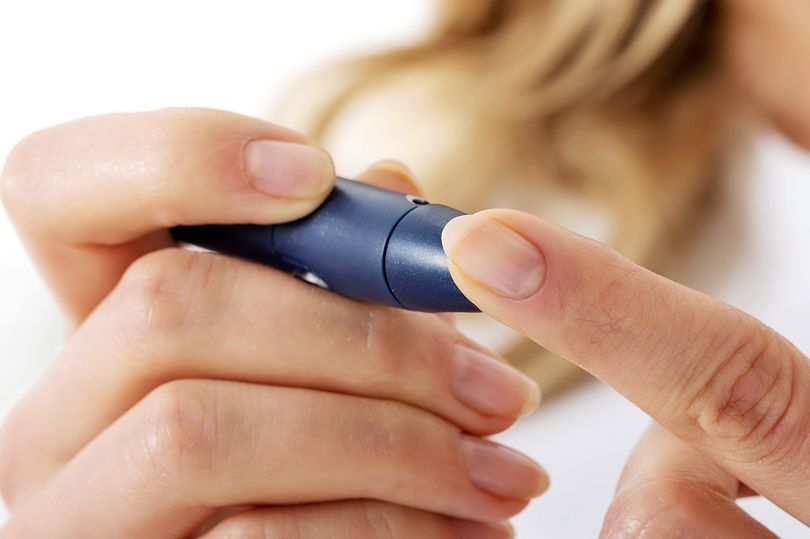The idea that you could control, even cure, type 2 diabetes with the way you eat was considered outlandish even just a couple of years ago.
But now more and more research convinces us that managing what we eat can prevent and control type 2 diabetes so medication becomes redundant and blood sugar levels sink to normal.
With some very low calorie or low carbohydrate diets, people can rely on monitoring blood sugar alone to control their diabetes.
And while managing weight is a cornerstone of health, the actual quality of what you eat is just as important.
The focus has shifted from individual nutrients to whole foods. We’re no longer as concerned with vitamins, fats and proteins, but rather the foods that contain them. This is a huge shift.
Type 2 diabetes is most commonly linked to obesity and insulin resistance.
Therefore, reducing weight and keeping it steady is crucial. Weight loss leads to improvements in blood pressure and blood fats, and so can delay or prevent complications, particularly heart attacks and stroke.
Evidence points to a Mediterranean type diet that is high in vegetables, fruit, whole grains, legumes, nuts and dairy products such as yoghurt, but beware.
Some low carbohydrate diets recommend restricting fruits, whole grains and legumes due to their sugar or starch content.
Many guidelines, however, continue to recommend fruit on the basis that fructose intake from fruits is preferable to equivalent intake of sucrose or starch, because of the additional micro-nutrients in fruit.
There’s good evidence that nuts may help prevent type 2 diabetes, so don’t be put off by misplaced concerns about their high calories.
Most experts agree to go easy on processed red meats, refined grains and sugars (especially sugar sweetened drinks) both for the prevention and the management of type 2 diabetes.
Not all carbohydrates are equal – wholegrains and fibre are better choices than refined grains.
We now know type 2 diabetes has the potential for remission.
Low-calorie diets have been used after bariatric surgery and in one study fasting plasma glucose normalised within seven days of following a low-calorie diet. Over eight weeks, insulin secretion which had ceased from an exhausted pancreas, started again.
It’s thought a low-calorie or low-carb diet forces the liver to overcome the calorie deficit by using up its fat stores. This simple mechanism makes the liver sensitive to insulin again.
In addition, pancreatic fat content falls over a period of about eight weeks, beta cells function is better and the pancreas starts to produce insulin once again.
Hey presto!

